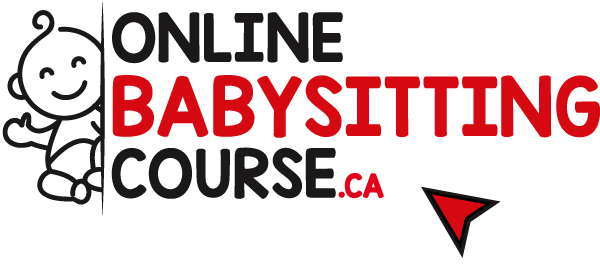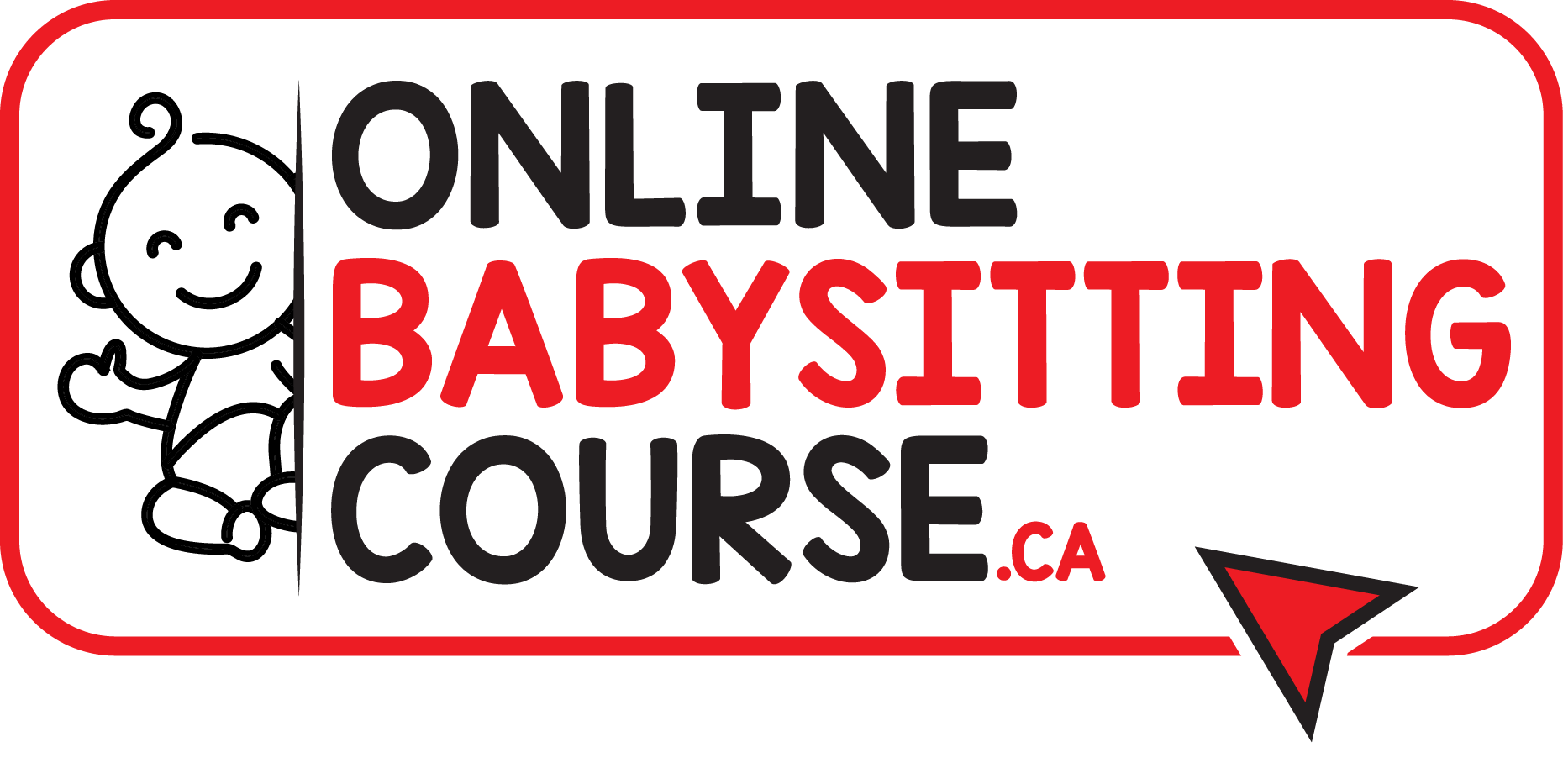
Preparing a child to babysit can be a challenging task for parents. Here are 5 tips for parents to help prepare their child to babysit:
- 1.
Start with small responsibilities:
Parents can start by giving their child small responsibilities around the house, such as feeding a pet or watering plants. This will help the child understand what it means to take care of someone or something. As children grow older, parents can gradually assign them more responsibilities that will help them develop important life skills. Here are some examples of age-appropriate responsibilities that parents can assign to their children:
- Setting the table for meals
- Making their bed in the morning
- Cleaning up their toys and belongings after playtime
- Helping with laundry by sorting clothes or folding towels
- Assisting with yard work by raking leaves or pulling weeds
- Helping to prepare simple meals, such as sandwiches or salads
- Cleaning and organizing their own bedroom and shared living spaces
- Taking care of household pets by feeding them, walking them, or cleaning their living area
- Helping with meal planning and preparation by making a grocery list and helping to cook dinner
When parents assign age-appropriate responsibilities to their children as they grow, this will help develop important life skills such as independence, time management, and accountability. It also helps to build self-confidence and a sense of accomplishment as they learn to take care of themselves and contribute to the household. - 2.
Give them the opportunity to start off by being a mother’s helper:
Starting off as a mother's helper is a great way for babysitters to gain experience and confidence before taking on the full responsibility of babysitting. As a mother's helper, the babysitter assists the parent in taking care of the child and may be responsible for tasks such as playing with the child, feeding them, changing diapers, and putting them down for a nap. Consider enrolling them in a babysitting course to learn all the important skills.
Becoming a mother’s helper, allows the babysitter to get to know the child and their routine, while receiving guidance and feedback from the parent. It also allows the parent to observe the babysitter's skills and determine if they are a good fit for future babysitting opportunities.
In addition, starting as a mother's helper can also help build the babysitter's resume and reputation as a responsible and reliable caregiver. This can lead to more job opportunities and higher pay rates in the future. It’s a smart choice for aspiring babysitters who want to gain experience and build their skills in a safe and supervised environment.
- 3.
Teach them basic safety and childcare skills
Babysitting is a big responsibility, and it's important to make sure that the babysitter is prepared for any situation that may arise. This includes first aid training, fire safety knowledge, and knowing how to respond in case of an emergency. By taking a babysitting course, the babysitter will be much more confident and comfortable in their ability to handle unexpected situations. This includes understanding how to change diapers, prepare simple meals, and entertain children of different ages. They should also know basic first aid such as how to treat minor cuts and scrapes. This will give both the babysitter and the parents peace of mind, knowing that the child is in safe hands. Additionally, a babysitting course can teach the babysitter practical skills making the babysitting experience enjoyable and stress-free for everyone involved. - 4.
Practice good communication skills:
Good communication is key to successful babysitting. Parents should encourage their child to practice active listening and to ask open-ended questions to the children they are watching. They should also practice effective communication with the parents, such as letting them know if there are any issues or concerns. Here are some additional tips to help babysitters practice good communication skills:
- Be clear and concise: When communicating with the children you are watching, use clear and simple language that they can understand. Avoid using jargon or complicated words that may confuse them.
- Be patient: Children may take longer to process information so you may need to repeat yourself. Be patient and give them time to understand what you are saying.
Use positive reinforcement: Encourage good behavior by using positive reinforcement, such as praise or rewards. For example, if a child listens well or follows instructions, you can praise them for their good behavior. - Ask for feedback: Don't be afraid to ask the parents for feedback on your communication skills. They may have suggestions for how you can improve or may have noticed something you can work on.
Be respectful: When communicating with the parents, be respectful and professional. Avoid using slang or inappropriate language, and always speak in a calm and respectful tone.
By practicing good communication skills, babysitters can build trust with both the children they are watching and their parents. Effective communication can help prevent misunderstandings and ensure that everyone is on the same page. - 5.
Provide support:
Provide support: Finally, parents should provide support for their child throughout the babysitting process. This can include checking in with them during the job, and being available to answer any questions they may have. By following these tips, parents can help prepare their child to become a responsible and successful babysitter.
Babysitting is a great way for teenagers to earn some extra money while also learning important life skills. However, it is crucial for parents to ensure that their child is properly prepared before they start babysitting. Enroll them in a course today!

